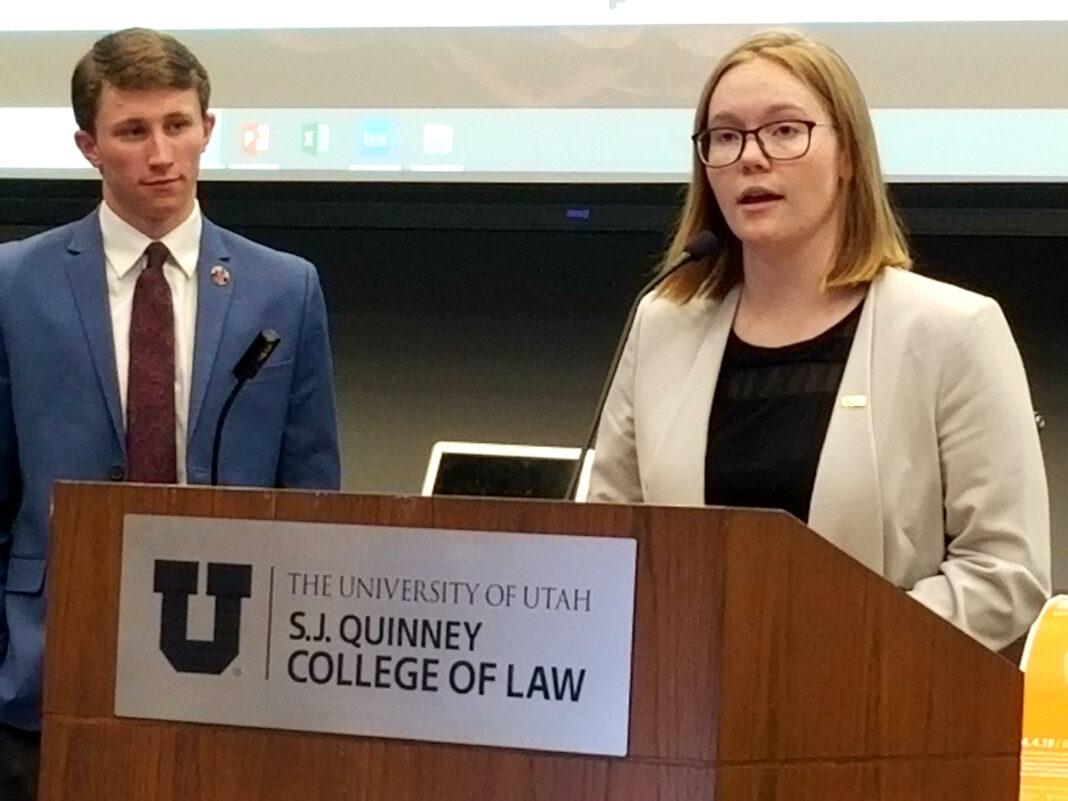Colleges and universities in Connecticut could soon begin conducting anonymous campus surveys on rape, sexual assault and sexual misconduct, the Hartford Courant reported this week.
A proposed bill in the state Senate would require the surveys be conducted every two years. Questions would cover incidents of sexual assault and misconduct, and gauge students’ knowledge of procedures and rules, according to the Courant.
The bill also includes an “amnesty provision” that would prevent students from being punished for using drugs or alcohol if they reported being under the influence when they were assaulted, the Courant reported.
“This bill’s goal is to improve the quality of information about what is occurring on campuses and it also works to remove barriers that might exist to reporting instances of sexual assault, intimate partner violence and harassment,” Rep. Gregg Haddad, co-chair of the Higher Education and Employment Advancement committee, said, according to the Courant.
More from UB: How to manage your university’s image in the age of #MeToo
Victims of stalking and dating violence will get stronger protections under the new campus sexual misconduct rules proposed by Education Secretary Betsy DeVos, The New York Times reported.
The rules identify domestic violence, dating violence and stalking as forms of gender discrimination covered under Title IX, according to The Times.
“There’s still a lingering idea that dating violence is an interpersonal issue that two folks need to work on, something that just happens between men and women, rather than seeing it as a form of violence that has an impact on education,” Sage Carson, the manager of the victims’ rights advocacy group Know Your IX, told The Times.
More from UB: Securing insurance coverage for sexual abuse claims
A growing number of campuses are including safety and security information on course syllabuses.
Thanks to a student-driven initiative, each class syllabus at The University of Utah must now contain an official campus safety statement. It provides the telephone number for university police so any member of the campus community can report suspicious activity or request a safety escort, University Business reported in September.

The campus safety syllabus statement also provides a link to safeu.utah.edu, which contains resources and videos on sexual assault reporting, discrimination and other safety topics.
Writing in UB last year, Antioch College President Thomas Manley asked higher ed leaders to consider requiring students to take a course on sexual misconduct prevention.
“The recent cascade of revelations about sexual misconduct in high places in America is, unfortunately, old news to many women,” Manley wrote. “It is, however, a welcome opportunity to ask the long-overdue question—is there an educational antidote?
More from UB: Why pressure continues to mount on fraternities and sororities





